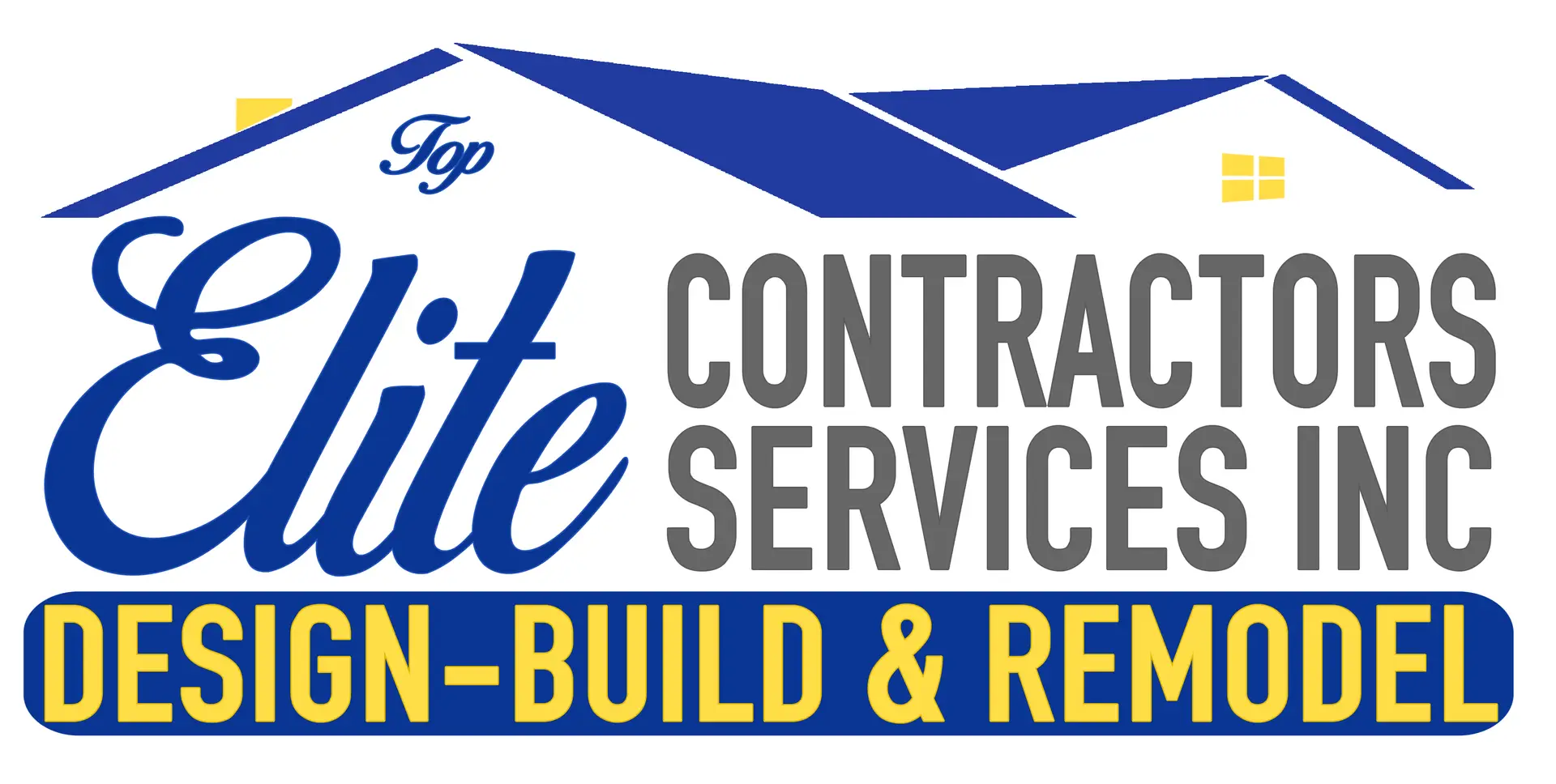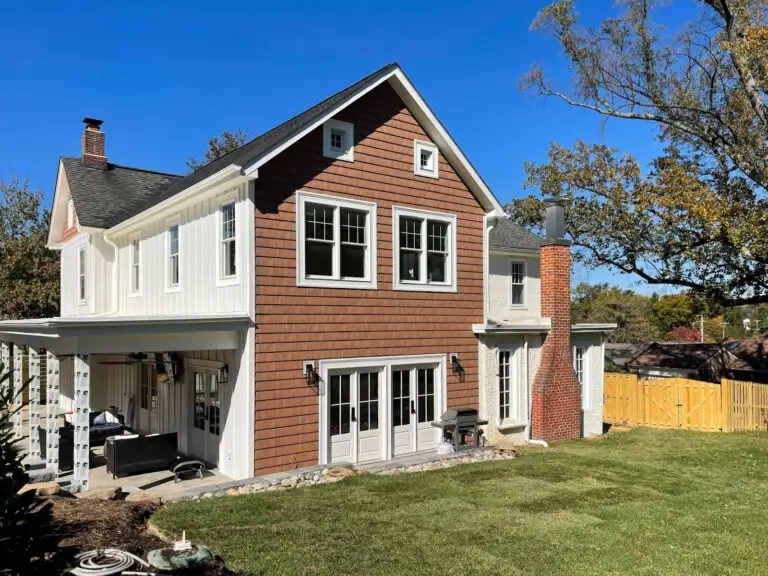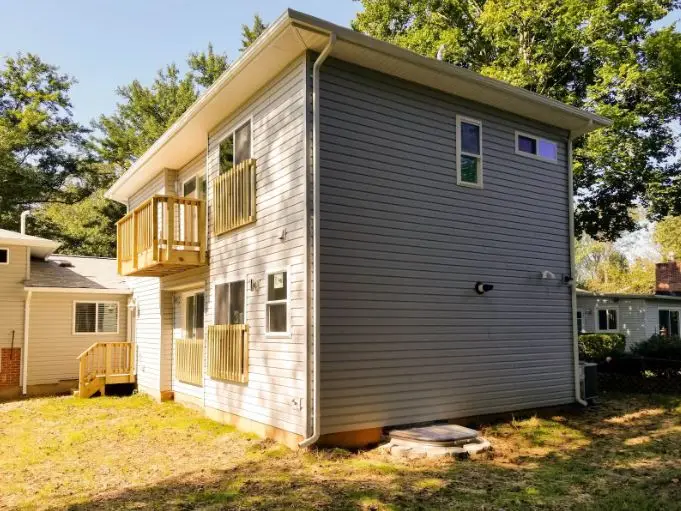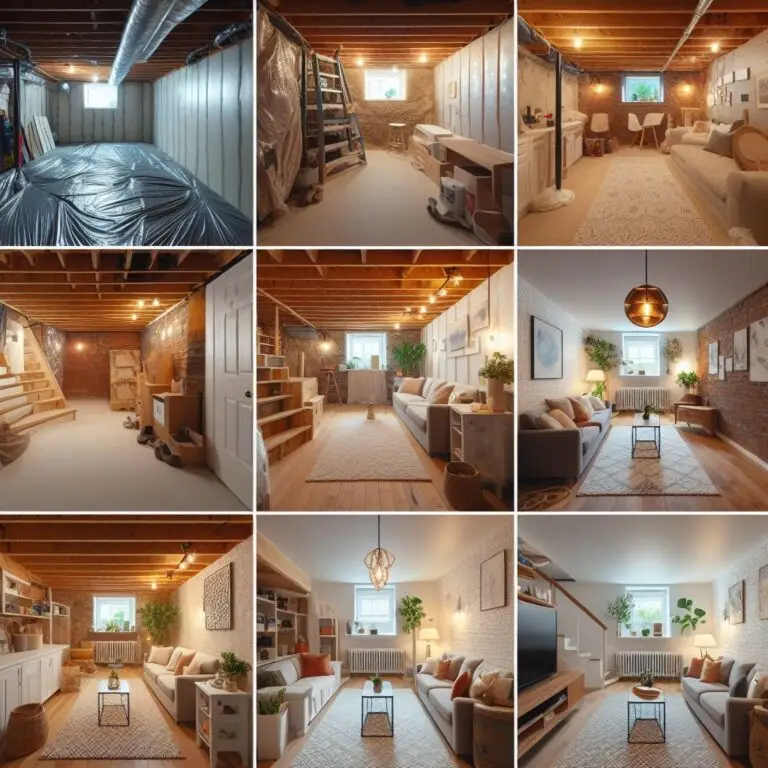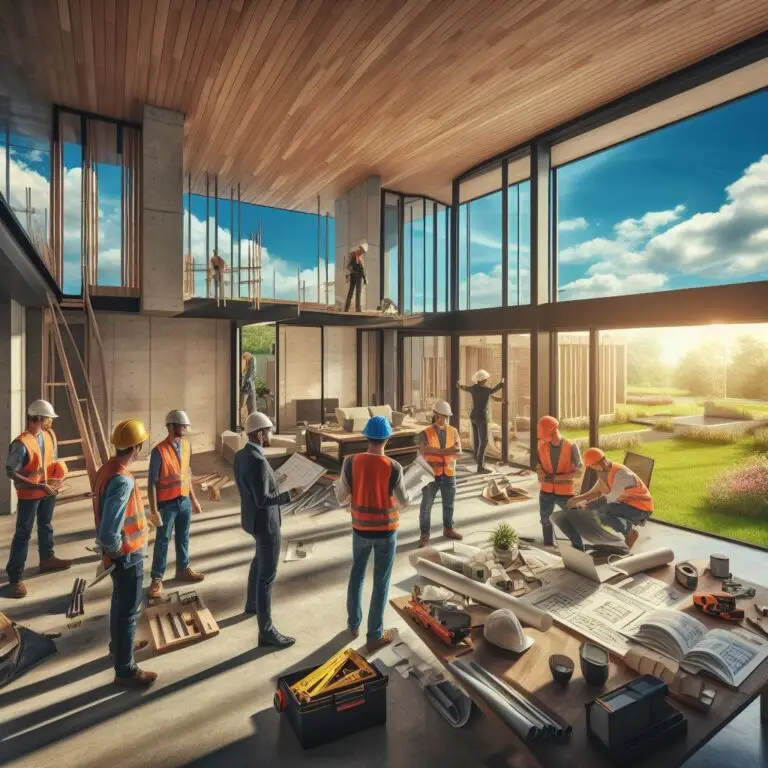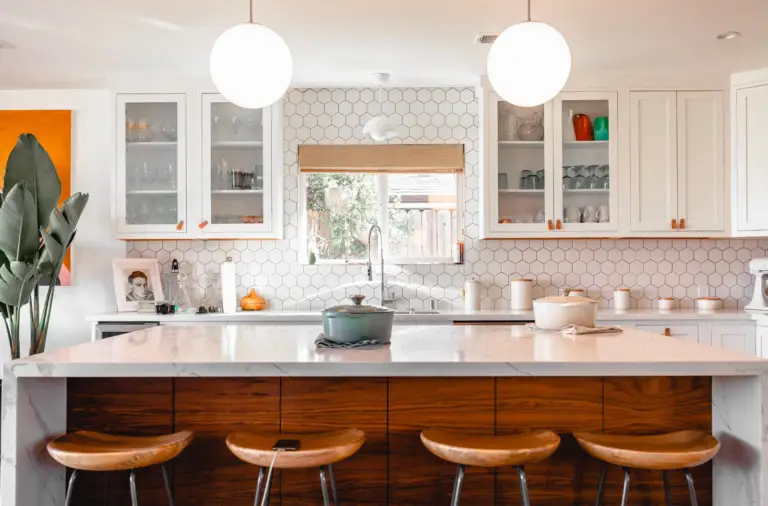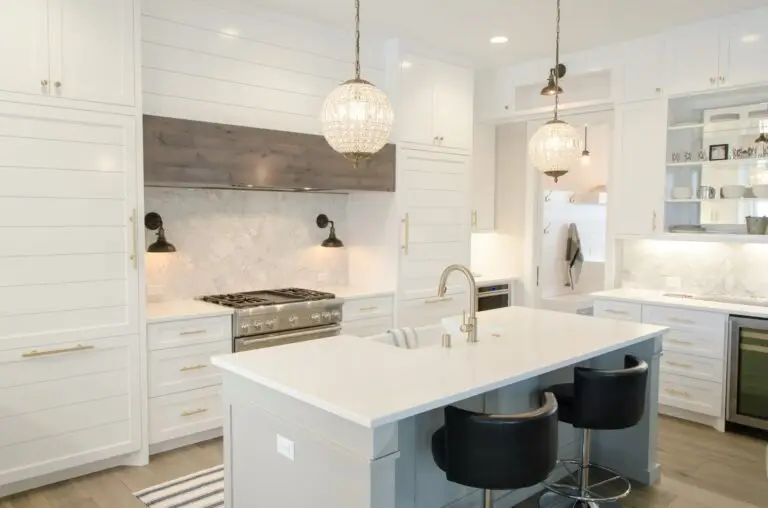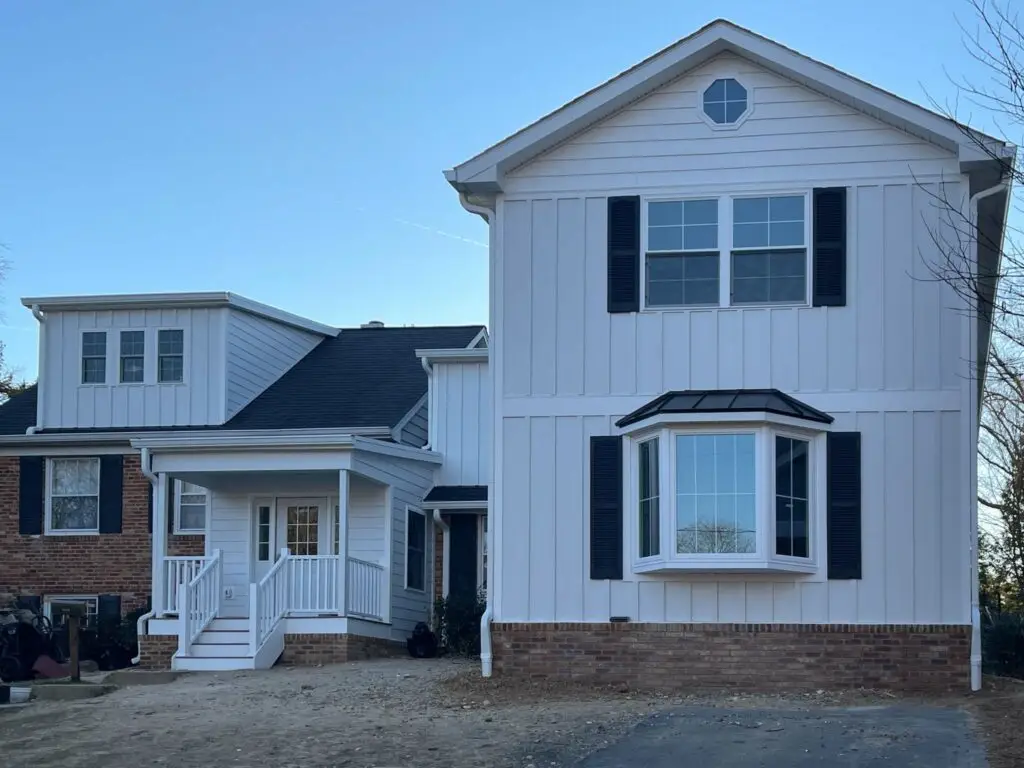
Whether you’re thinking about popping another level on your house, creating a new room above the garage, adding a fancy dormer, or extending one side a bit, adding extra space to your home through home addition makes it bigger and more valuable.
After all, they’re not just about getting more room to stretch your legs or stash your stuff; they also attract future buyers when you decide to put your place on the market.
If you’re thinking of adding extra space to your home, stick around, and you’ll learn:
- Why getting a home addition is the best decision you can make for your house
- How to prepare for your home addition journey
- The different types of home additions you can do for your home
Table of Contents
5 Types of Home Additions
There’s a whole bunch of room additions to cater to your desires.
Is your family getting a bit too cozy for comfort? Fancy turning your place into the go-to spot for entertaining? Or maybe you’re dreaming of carving out that perfect nook for your hobbies or side hustles?
Here are the most sought-after home additions in Virginia.
1. Second story addition
Adding a second story can save you money.
For instance, if you’re searching for more space but don’t want to bid farewell to your beloved neighborhood, opting for a second-story addition might just be what you need.
This rings even truer if your home has been your trusty companion for years, and replicating its charm elsewhere makes you cringe.
2. Room addition
If you’ve got a flat-roofed garage, you already have the foundation for another room. All it takes are some sturdy walls and a fresh new roof, and you’ve just unlocked some precious extra square footage.
You can transform this into your game room or a super cozy guest room.
3. Sunroom
Turning your porch into a cozy sunroom is like adding extra living space to your home. All you need are some comfy chairs, natural light, and maybe even a snazzy coffee table.
Chat with your trusty Annandale contractor to ensure the walls and roof are sturdy enough to handle weather elements.
4. Kitchen or bathroom
As the heart of your home, the kitchen is where everyone loves a bit more space. It means more room to whip up delicious meals, dine with loved ones, and throw fantastic get-togethers.
Expand your kitchen’s square footage by converting a flex space or a bump-out into something amazing, like a cozy breakfast nook or a handy pantry.
As for bathrooms, you can expand your bathroom space and watch your home’s value shoot up. Add dual sinks or a steam room for the ultimate spa experience. A soothing sauna or a luxurious soaking tub could be a game-changer, too.
If you’ve got a spot that’s not doing much, like the basement, attic, or an empty space under the stairs, consider adding a half-bath.
5. Accessory Dwelling Unit
Accessory Dwelling Units, or ADUs, are secondary living spaces on your single-family property. They can be inside your main home, attached to it, or a separate, detached structure.
They resemble tiny houses with a master bedroom, bathroom, and kitchen. However, there’s a size limit, so they’re not taking over your entire backyard.
Adding an ADU to your property is exciting, but it’s not a one-size-fits-all deal. Local rules and regulations vary, so check in with your neighborhood municipality to see what’s allowed.
Talking with local contractors in Virginia is also smart because they’re usually familiar with ADU rules.
Questions to Consider When Choosing a Home Additions Contractor
The national average cost for home additions can be at around $46,000. It may go higher or lower depending on the conventional house addition you want.
So whether you want to add a new space to your existing room, an extra bedroom, a garage space, or revamp an existing space, these questions can help you get the right home additions contractor:
- How long have you been operating?
- Do you have prior home addition experience?
- Can you show samples of your previous work?
- Can you give an estimated timeline for the project?
- How do you handle any issues, challenges, and delays at work?
- How often do you give updates and reports?
- What are the safety measures that you will implement?
- What’s your payment schedule?
- Do you provide a detailed contract?
- Can you provide an estimate for the whole project?
Asking these questions when interviewing your potential contractors will give you ideas on how they work with their clients.
Why Should You Consider Getting a Home Addition?
When homeowners feel like their place is no longer cutting it for them, their minds often jump to one solution: moving. But that’s not the only way to upgrade your living space.
Home additions can be a game-changer for the following reasons:
Expanding family
Families aren’t exactly known for staying the same size forever. You might have started in your home with just a couple, and now you’re wrangling three little ones. Or perhaps an elderly family member is joining the ranks. A home addition can save the day regardless of who’s joining the club.
Adding extra space to your home can also let you host more family gatherings. A living room that’s bursting at the seams or a dining room that can’t hold a table big enough for everyone are classic signs of a family that’s outgrown their space. A home addition can be valuable in giving everyone room to breathe.
Storage woes
Ever wished for a walk-in closet? Is there still space to walk in your garage, or is your kitchen missing a pantry?
You’re not alone — storage problems are like an epidemic for homeowners everywhere. You keep accumulating stuff, and suddenly, there’s no place to put it.
Your home addition might be as simple as a walk-in closet, a pantry, or even an attached garage — as long as you have a haven for all your belongings.
Balancing work and life
Having a dedicated workspace in your home is essential for a healthy work-life balance. A home addition can fill that gap if you don’t have an extra room or garage to convert into a home office.
Adding a home office doesn’t have to break the bank. These spaces are generally smaller, ranging from 50 to 200 square feet. Of course, you can tweak that to meet your exact needs. The beauty of home additions is their flexibility.
Design quirks
Some homes have design flaws. It could be a vintage vibe that’s not your style, poor planning, a DIY project gone south, or a mix of things. If your whole house has issues, a complete remodeling gig might be in order.
But a home addition can be your solution if it’s just one pesky room with a design hiccup. Maybe it’s that undersized dining area or a bathroom that’s just in the wrong spot. A home addition can shuffle things around and fix these design woes.
Adding an extra something
Sometimes, you yearn to make your current place your dream home. Dreaming of a sunroom? A luxurious master bathroom with a jacuzzi tub and a walk-in shower? How about a grand dining room for those fancy dinner parties?
These dreams need floor space, and a home addition brings it. You shouldn’t have to go through the hassle of moving to get the features you’ve been dreaming of. Save money and time by giving your existing home the upgrade it deserves.
What to Consider Before Starting Your Home Addition
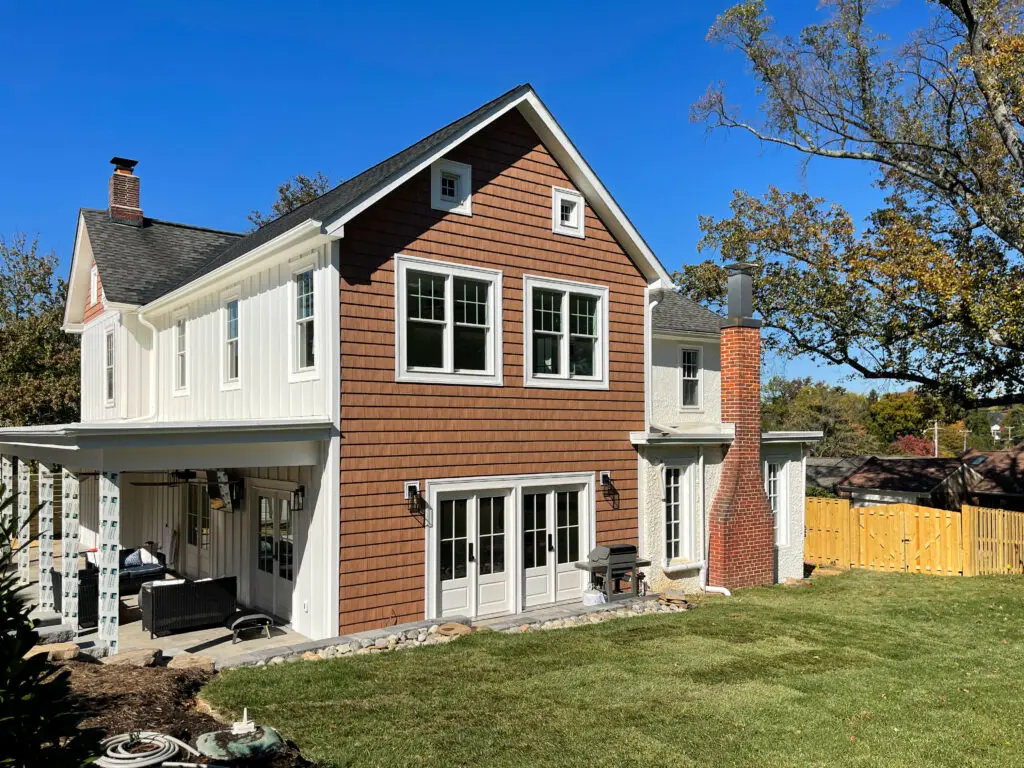
Like any other major project, getting your ducks in a row before the hammers start swinging is crucial.
Here are some essential aspects you must consider before your home addition journey begins.
Know your zoning regulations
Zoning laws are the rulebook for how property is used in residential and commercial areas. Local zoning laws dictate how close you can build to your property lines, how tall your house can go, where those utility lines run, and more.
Not every property is under these laws, but if yours is, you’ve got to play by the rules, especially when expanding your space.
To kick things off right, reach out to your local zoning board or department. They’ll be your go-to source for learning what restrictions (if any) you need to work with.
Get your creative juices flowing with design ideas
You don’t need to be a design guru before you chat with a contractor, but having some ideas upfront can make the whole process smoother. It could be as simple as a bunch of photos you’ve found or a nifty Pinterest board.
If the design creativity isn’t flowing, don’t worry. Your contractor will come to the rescue. They’ll collaborate with you to nail down the style, materials, layout, and all those other design details.
Set your budget
Before you dial up a contractor, sort out your budget. Having a clear budget helps the contractor assist you in selecting suitable materials, size per square foot, and other design features.
Home additions are often hefty investments. You want to be honest with yourself about how much you can spend. A wishful-thinking budget can lead to frustration, while a skimpy one can limit your choices.
The earlier you pin down your budget, the better.
Chat with contractors
Reach out to contractors, but don’t stick with just one. Relying on a single estimate can be a slippery slope to project hiccups.
Get estimates from a few different pros. Multiple estimates give you a much clearer picture of what your project will cost.
And beware of estimates that seem too good to be true or suspiciously high – they could spell trouble.
Prepare for logistics during construction
When the construction phase is on the horizon, make sure you’re ready for it. Depending on the project’s scope, you might have the option to stay put or find a temporary home.
Regardless, there are some logistics to sort out, such as:
- Where to store your belongings
- How to keep everyone in the loop about the project schedule
- Safety of pets and kids
- Giving your neighbors a heads-up about the construction and an estimated timeline
Hire the Right Home Addition Contractor
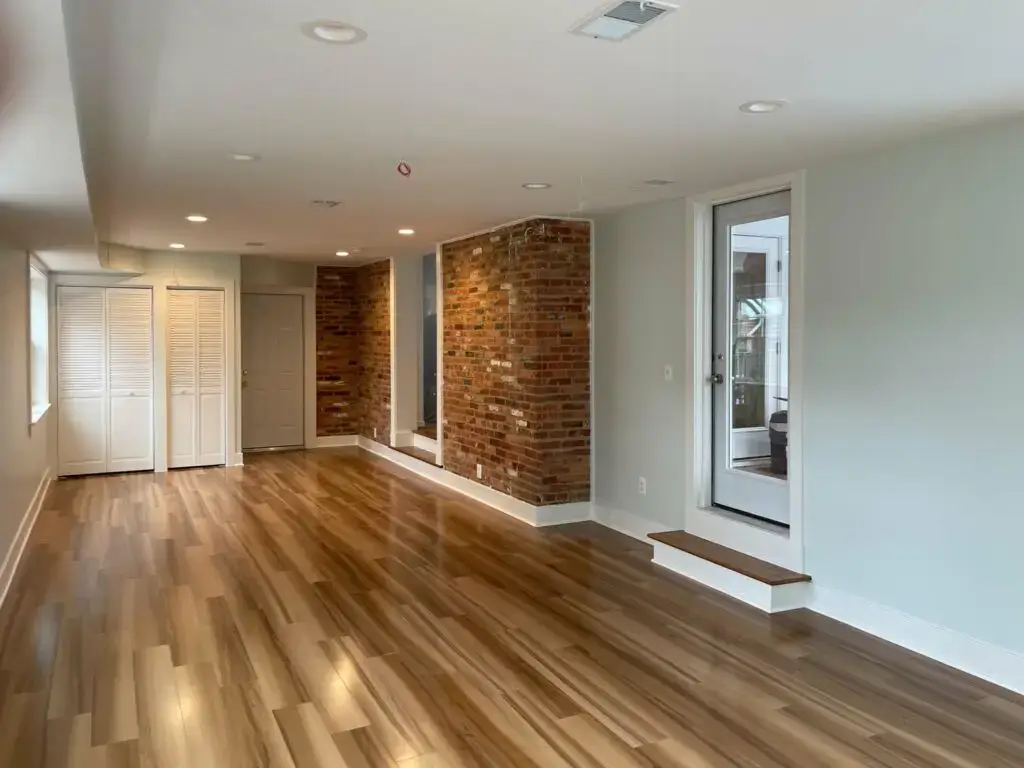
Picking a seasoned home addition contractor streamlines the whole process and speeds up your timeline. They know how much home addition typically ranges and can work with your budget. They also prioritize your safety and are insured, so you can relax knowing your home addition project is covered.
It might be tempting to save a few bucks by going with a newbie or a cut-rate contractor, but you could end up with an enormous bill if they mess things up.
That is why you should remember the following when choosing the right Annandale contractor:
- Keep an eye out for red flags like poor communication, ignoring your ideas, and a lack of reviews.
- Watch out for promises that are too good to be true.
- Ask friends for recommendations and dive into online reviews.
- Look at their portfolios and see if they’ve done the kind of addition you’re thinking of.
- Make a shortlist of promising Virginia contractors and ask about their licenses and certifications.
- Request references and chat with previous clients about their experience.
- Visit a finished project and chat with the homeowner. Check for any issues and if they need any post-project fixes.
- Collect bids from your final list and pick the one that offers the quality you want at a reasonable price.
Conclusion
Even if your big project is a few months down the road, starting the conversation early with us, your Annandale contractor, is a game-changer. Elite Contractor Services can tackle all the nitty-gritty stuff, like paperwork and building codes, so you’re ready to go as soon as possible.
